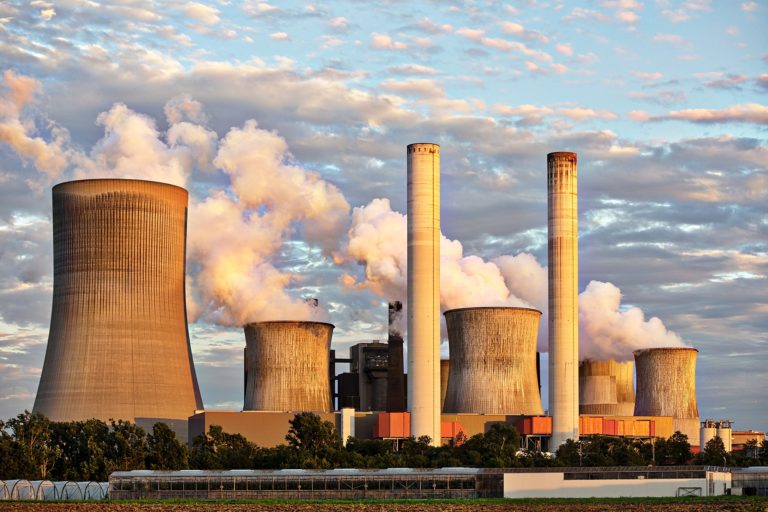President Cyril Rampahosa has pledged that South Africa will continue to address the climate change emergency in a statement to the UN Secretary-General during the Climate Summit in New York.
‘We have seen the disastrous effects of climate change across the globe in the increased incidence and severity of extreme weather events such as flooding and droughts,’ he said, ‘climate change science is clear that the risk for flooding originating from intense land falling tropical cyclones and for prolonged drought in Southern Africa is increasing under continued global warming.’

He included that extensive research is happening in South Africa to quantify the likelihood of major climate change impacts occurring in the region over the next several decades, including multi-year droughts that compromise water security and heatwaves impacting on human health, livestock and crop yield.
But South Africa’s biggest challenge when it comes to shrinking it’s contribution to climate change is the energy sector, which contributes 80% of the country’s emissions. In the statement, President Ramaphosa said South Africa recognises the urgency with which it must reduce its dependence on fossil fuels and move towards a carbon-neutral future.
Also read: SA optimistic about future and climate change
‘The rapid fall in prices of renewable energy technologies, coupled with our immense renewable energy resources, has created a massive opportunity for us to make this shift. We are already doing so. South Africa’s Renewable Energy Independent Power Producers Procurement Programme (REIPPP) is considered one of the world’s leading Renewable Energy programmes,’ he said
The REIPPP is one of six measures included by South Africa to it’s intended nationally determined contribution (INDC) to the Paris conference. The other five include: decarbonised electricity by 2050, carbon capture and storage, electric vehicles and hybrid electric vehicles, introduction of the carbon tax and development of a national adaption plan.
President Ramaphosa signed the carbon tax into law at the beginning of the year which will see large emitters pay for their contribution to greenhouse gases. Firms are also incentivised to adopt cleaner technologies over the next decade.
‘Taking all of these factors into consideration, it is clear that strong and durable social compacts will need to be forged between government, labour, business and civil Society,’ he said.
Image credit:Pixabay
You may also like
Related Posts
China’s National Health Commission has published a list of controversial coronavirus treatments that have animal...
read more
Warmer sea temperatures in the summer months, especially in February, were recorded and are believed...
read more
The latest report indexing the world's happiest countries has highlighted the important role of...
read more